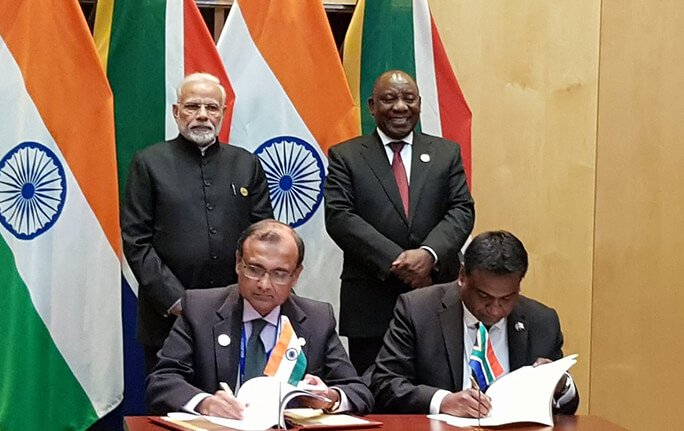Conflict mediation in Africa is a critical component in the pursuit of peace and stability across the continent. The continent has seen its fair share of conflicts, ranging from interstate wars to intra-state conflicts, which have had devastating effects on both human lives and socio-economic development. In the face of such challenges, conflict mediation has emerged as a crucial tool in resolving disputes and promoting peace across the continent.
Recent data reveals the urgent need for effective conflict mediation in Africa. According to the United Nations Refugee Agency’s (UNHCR) 2023 planning figures, 44 million people in sub-Saharan Africa are displaced, up from 38.3 million at the end of 2021. Most (60%) are IDPs, a staggering figure that highlights the human cost of unresolved conflicts. Additionally, the Stockholm International Peace Research Institute (SIPRI) reported that Africa accounted for 16% of global conflict-related deaths, demonstrating the persistent nature of violence in the region.
One of the key players in conflict mediation in Africa is the African Union (AU), which has made significant strides in promoting peace and stability on the continent. Through its Peace and Security Council, the AU deploys peacekeeping missions, facilitates dialogue between conflicting parties, and supports mediation efforts led by regional organizations and individual countries.
Recent success stories in conflict mediation highlight the effectiveness of multilateral approaches in resolving African conflicts. For instance, the mediation efforts led by the Economic Community of West African States (ECOWAS) played a pivotal role in ending the political crisis in The Gambia in 2017, thereby averting a potential humanitarian catastrophe.
Furthermore, grassroots initiatives have emerged as crucial components of conflict mediation in Africa. Local organizations and community leaders often possess intimate knowledge of the dynamics driving conflicts and can leverage their connections to facilitate dialogue and reconciliation at the grassroots level. For example, in South Sudan, community-based peace committees have been instrumental in mitigating inter-communal violence and promoting peaceful coexistence.
READ ALSO: Regional Impact of the Israeli-Palestinian Conflict
Despite these successes, numerous challenges persist in the realm of conflict mediation in Africa. Limited resources, institutional capacity constraints, and the proliferation of arms exacerbate existing conflicts and hinder mediation efforts. Moreover, the emergence of new security threats, such as terrorism and transnational organized crime, further complicates the mediation landscape.
Looking ahead, concerted efforts are needed to enhance conflict mediation capacities in Africa and address the root causes of conflicts. This includes investing in conflict prevention mechanisms, strengthening regional mediation frameworks, and promoting inclusive dialogue that incorporates the voices of marginalized communities and youth.


